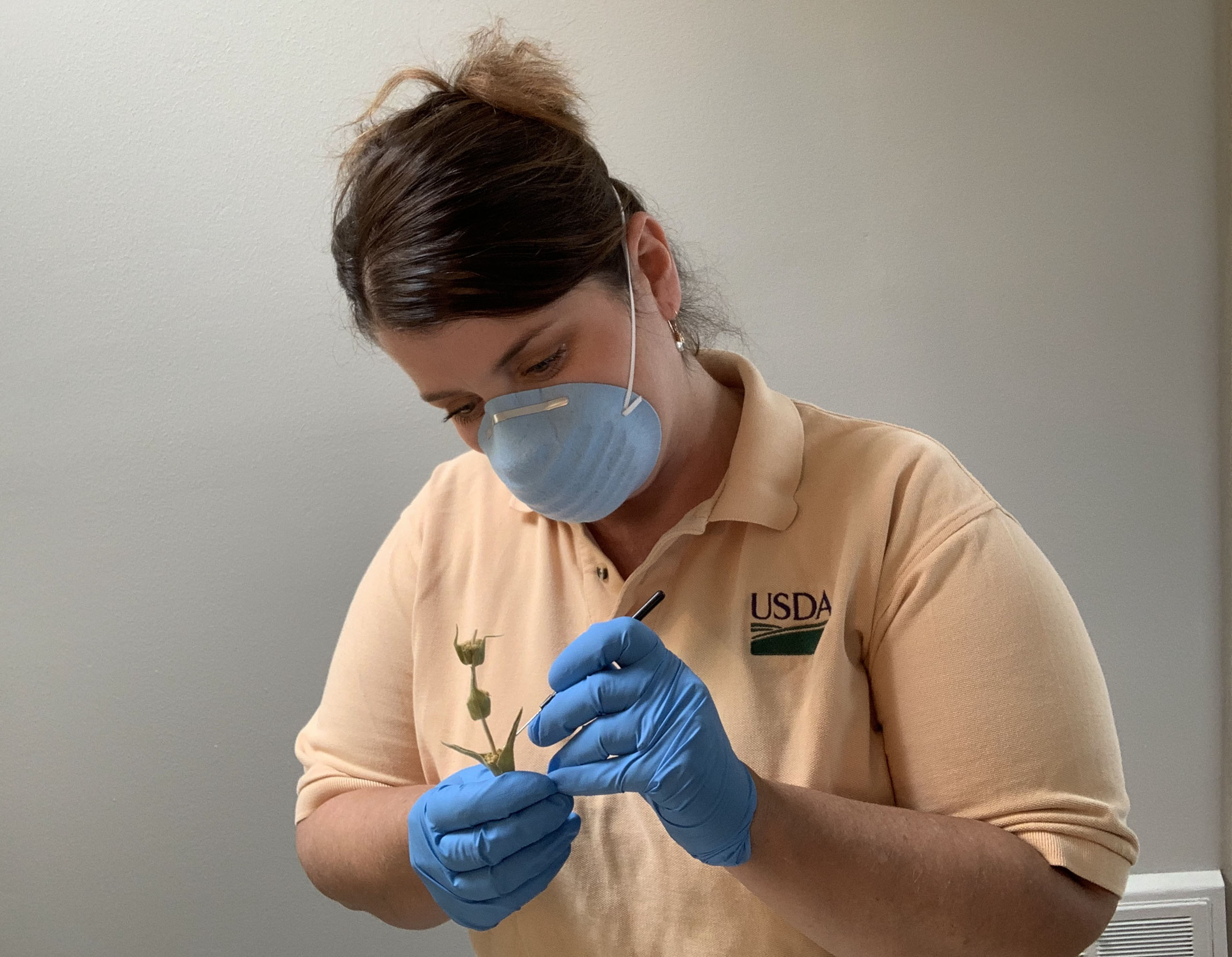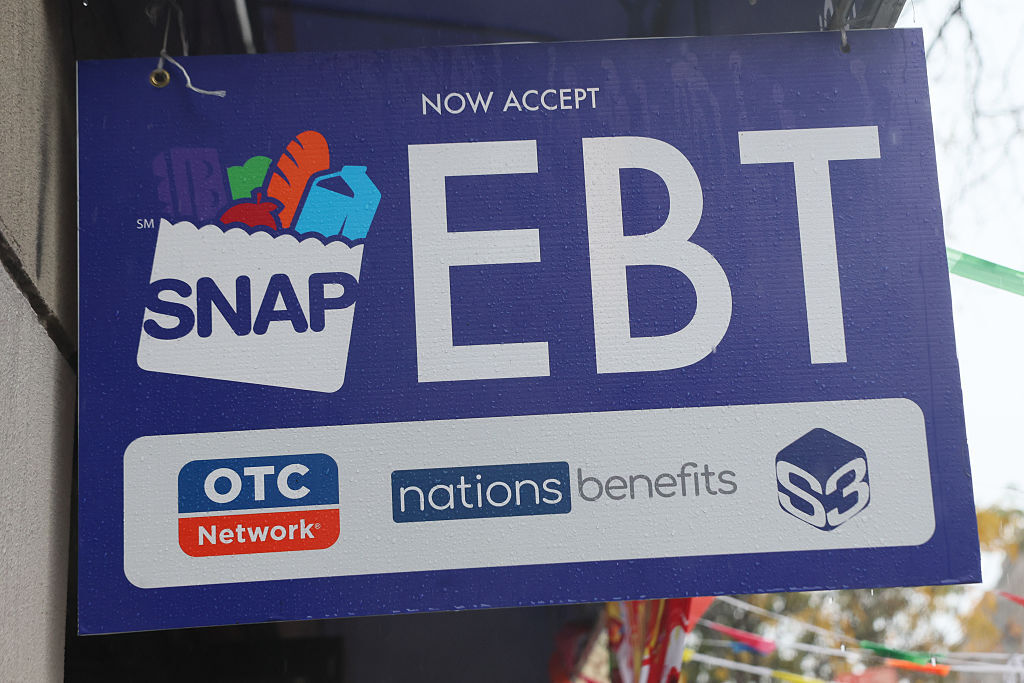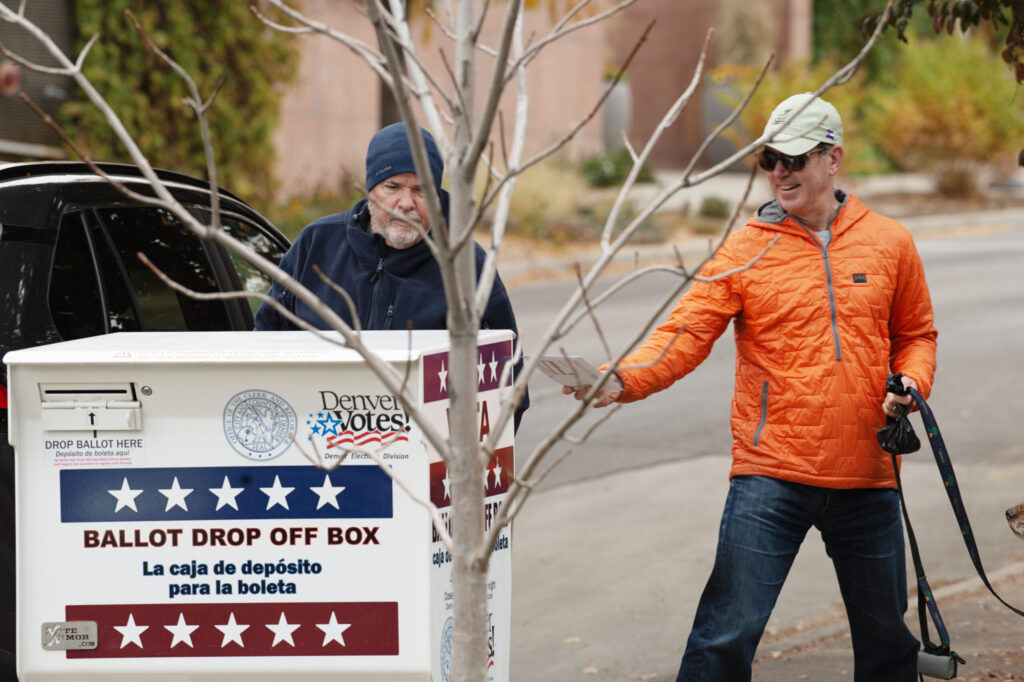Feds identify mystery seeds sent from China to Colorado, 21 other states
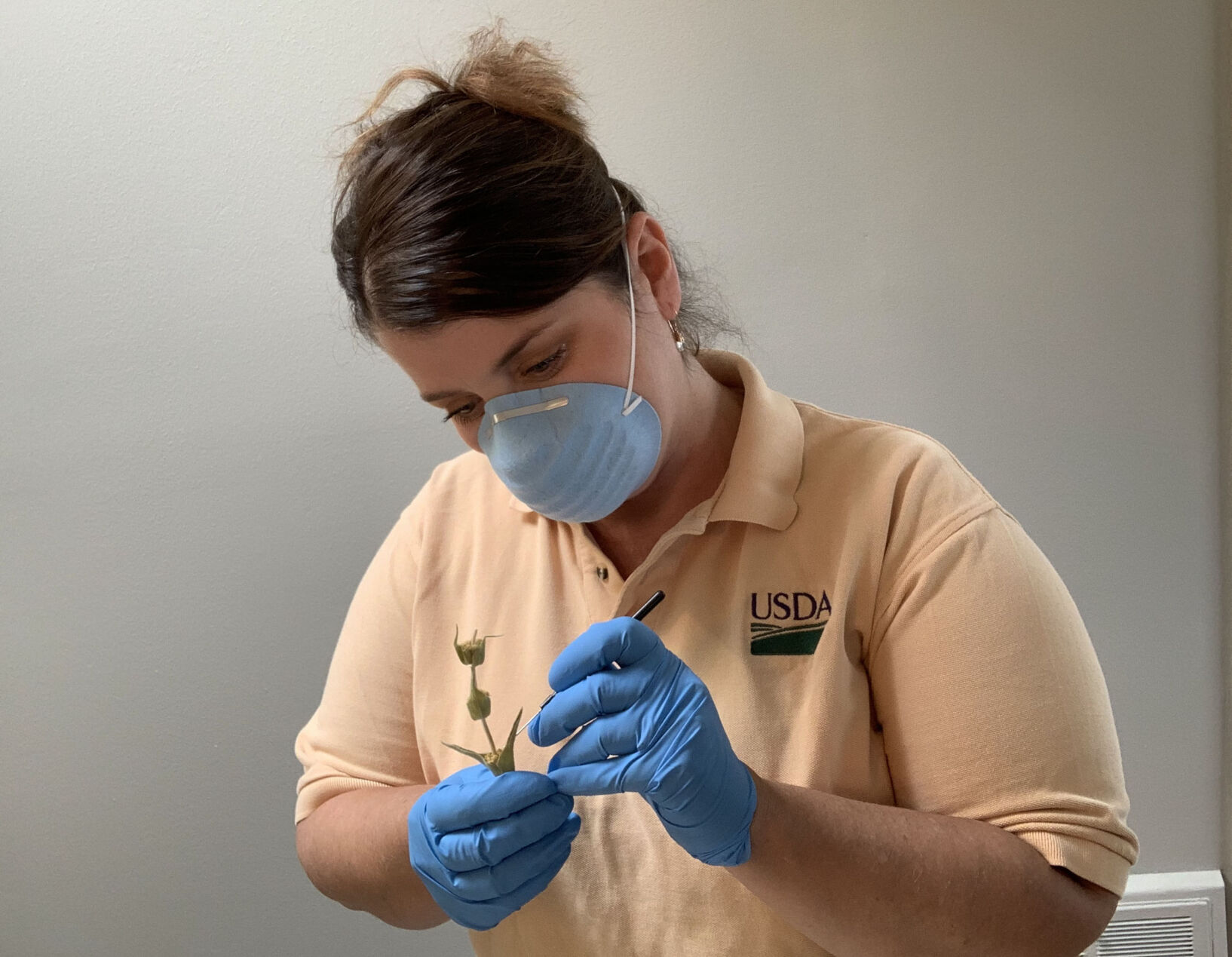
Some of the unsolicited seeds sent in the mail to Americans in Colorado and 21 other states have been identified as herbs and other common plants, according to the federal Department of Agriculture.
The the agency has tested the samples, which appear to be from China, and found 14 different types of plants, among them are lavender, mustard, cabbage, morning glory, mint, sage, rosemary, hibiscus, and rose. The seeds sparked concerns that they could introduce invasive species and threaten American crops. Morning glory is classified as an invasive weed in several western states.
There is no evidence the seeds are anything more than a “brushing scam,” where online sellers send unsolicited items and post fake reviews to try and boost sales.
“The main concern is the potential for these seeds to introduce pests and diseases that could be harmful to U.S. agriculture and the environment,” Osama El-Lissy, deputy administrator for the agency, said in a news release.
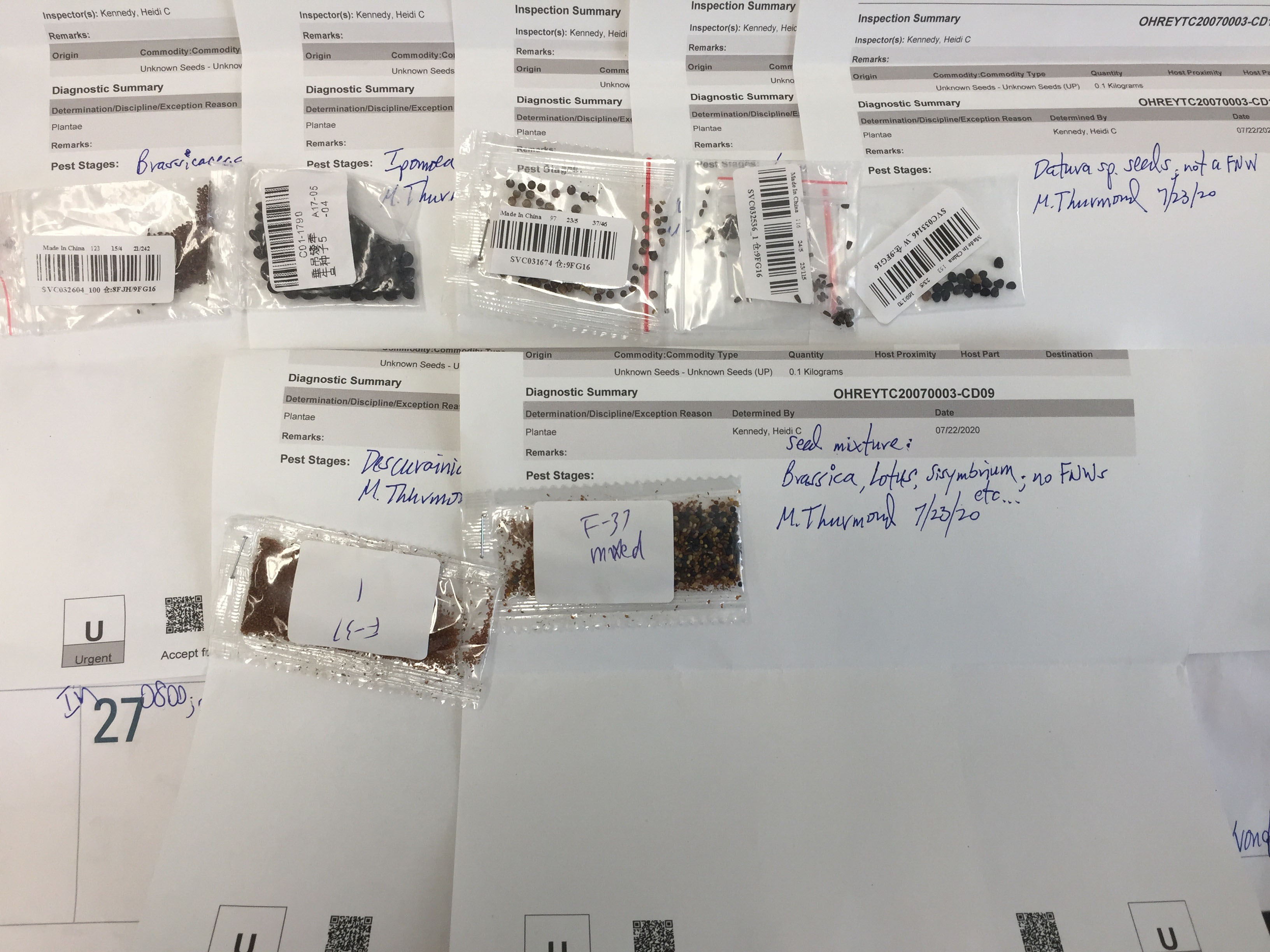
The mystery seeds have also arrived in Canada, Australia and areas of the European Union.
Cynthia Brown, a professor in plant invasion ecology at Colorado State University, noted that often times invasive species arrive accidentally with other plant, animals, packages, or vehicles intentionally brought into the country.
“There could be other species included in the packets with the main type of seed,” Brown said in an email to the Gazette. “I would think it less likely in such small packets of seed, but you never know.”
Even though the seeds do not pose an apparent threat, officials are still urging people who receive the seeds not to plant them, but instead save them along with their packaging and label and send in a sealed plastic bag to the the agency’s Animal and Plant Health Inspection Service to be tested for pests or diseases.
The agency also warns recipients to not throw away the seeds, which could sprout in landfills.
